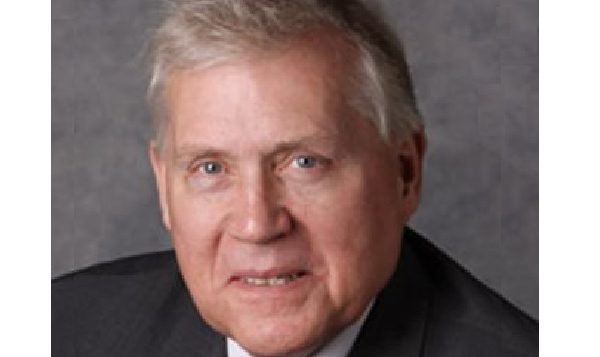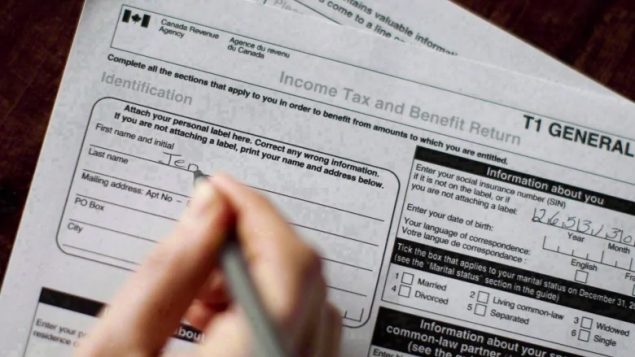Everyone grumbles about paying taxes. A lot of people feel they pay too much, while the rich can avoid paying their fair share. But what if the people who audit your taxes said the same thing?
That’s just what happened recently when government auditors were asked about Canada’s tax system.
The survey found over 80 per cent of the government auditors at the Canada Revenue Agency (CRA) said the system is unfairly favouring the wealthy, saying it’s easier for them to evade paying taxes.
Maybe, maybe not.
Ian Lee (PhD) is an associate professor at Carleton University at the Sprott School of Business
ListenThe poll was conducted by the auditor’s own union, the Professional Institute of the Public Service of Canada. It surveyed some 1,700 government auditors and other tax professionals. Their report is called “Undermining Tax Fairness”

Ian Lee,(PhD) is an expert on taxation and economic matters at the Sprott School of Business, Carleton University, Ottawa
Four out of five respondents said loopholes and tax credits benefit the rich, and corporations.
Ian Lee notes that personal income tax of citizens accounts for about 50 per cent of all tax revenue annually. When combined with unemployment insurance payments and sales tax (GST- goods and services tax, HST- harmonised sales tax) the amount paid by individuals jumps to about 70 per cent. Corporate taxes represent a significantly smaller percentage, about 14.5 per cent.
Tax evasion, or tax avoidance- not the same
However, Lee says there is an important distinction in tax terminology, Tax avoidance, and tax evasion are not the same. Tax evasion is illegal, tax avoidance which is due to various deduction policies, “expenditures” in official jargon, sometimes otherwise called loopholes is not.
He says the auditors in the poll are saying they disagree with policy, but notes it is duly elected Parliament not bureaucrats that makes policy and if the auditors disagree with policy, they should run for Parliament.
What is in fact needed he says, is an in-depth review of the “expenditures” or loopholes to see which ones are working to achieve goals, and which ones are not or are no longer necessary , a review he notes which has not been done since the 1960’s.







For reasons beyond our control, and for an undetermined period of time, our comment section is now closed. However, our social networks remain open to your contributions.